|
This blog post honors the magnificent teachings of Acharya Shunya in her book, Roar Like a Goddess: Every Woman’s Guide to Becoming Unapologetically powerful, Prosperous, and Peaceful Her teachings originate from the ancient sacred texts called the Vedas. “The vedic scriptural lineages, published today as the Rig Veda, Sama Veda, Yajur veda, and Atharva Veda proclaimed equal opportunity for men and women in education, profession, marriage, and spiritual choices. They called for equality in everything from leadership to inheritance and made no social prohibitions on women’s secular and spiritual advancement.” Diwali, Festival of Lights, is the largest and most celebrated holiday in India and surrounding countries. The word comes from the Sanskrit word “deepavali”, which means “rows of lighted lamps." Diwali celebrates the triumph of light over darkness by decorating household spaces with lights, fireworks, and small lamps called diyas. These small earthenware lamps, filled with oil, are lighted and placed in rows by some Hindus along the parapets of temples and houses to remind oneself to let your light shine. Let positivity conquer over negativity, goodness over evil, wisdom over ignorance, hope over despair, love over hate, happiness over anger, fear, or sadness. Lakshmi Lakshmi, the goddess of wealth and prosperity, is believed to roam the earth on Diwali night. “Lakshmi’s radiance is golden, shimmering with an inner light that lights up the whole universe, a thousand suns.” On the evening of Diwali, people open their doors and windows to welcome Lakshmi, and place Diya lights on their windowsills and balcony ledges to invite her in. On this day, the mothers who work hard all year, are recognized by the family and she is seen to embody a part of Lakshmi, the good fortune and prosperity of the household. “Lakshmi models living with internally sourced satisfaction. She teaches that contentment is power unto itself. It makes us non-grasping, self-valuing, self-celebrating women.” They celebrate wealth through gratitude of everything that you are blessed with in your life now. Many Indians shop for new clothes to wear to the temple and celebrate beauty in the world, like many Christians buy new clothes for Easter Sunday. “We must consciously think abundant thoughts with an expanded definition of abundance, rather than focusing on one or two areas of lack. Try to feel joy for even the smallest things that find you even a moment of blessedness.” Rangoli Some women create a Rangoli. These radial designs are created from colored sand, chalk or even rice to depict variations of lotus flowers using shapes, lines, colors, rhythm, repetition, and proportions. The Lotus Flower is a symbol of welcome, beauty, and peace associated with the goddess Lakshmi. Lotus Pose/ Lotus Mudra“She bestows upon us grace that makes our worldly life so much easier…She is often shown seated on a lotus; it blooms in muddy water… The lotus is a reminder that goodness and prosperity can bloom regardless of any darkness or obstacles we face in our life.” These Rangoli designs are created to be impermanent. They will likely be destroyed by rain or wind within days of their completion. This is a reminder that creating is about the process. Live in the moment and enjoy the beauty around you while it lasts. Diwali originated as a harvest festival on a night of a New Moon in autumn, the darkest night of the season. Before Diwali night, people clean, renovate, and decorate their homes and offices with fragrant jasmine flowers. People rub their bodies in perfumed oils before bathing. This is symbolic of a New Year and a fresh start. Important relationships and friendships are also recognized during the day, by visiting relatives and friends, exchanging gifts and sweets. It’s common for people to reach out to loved ones who may have lost touch and organize family reunions and to settle debts and make peace. “Lakshmi’s prosperity means an inner state of fullness or abundance, including these sixteen types of wealth: fame, knowledge, emotional courage, victory, children, valor, precious metals and gems, grains in abundance, happiness, bliss, intelligence, beauty, higher thinking and meditation, morality and ethics, good health, and a long, well-lived life.” Mythology I’ve heard a several different versions associated with the legend of Goddess Lakshmi and why she is celebrated with lights on this holiday. Some say that Goddess Lakshmi was born on the full moon day of Kartik, or this marks the celebration of Goddess Laxmi’s wedding with Lord Vishnu. Others tell the patriarchal Ancient Ramayana Epic about King Rama and Queen Sita. Sita is worshipped as the incarnation of Lakshmi and Rama as her husband Vishnu. Sita is often regarded as the embodiment of wifely devotion and self-sacrifice. “Patriarchy is a system of beliefs that put men first. It promotes a society dominated by men: sexually, emotionally, economically, religiously, and of course, politically… In a climate of patriarchy, the most difficult leap a woman will ever take is to trust her true voice- the one I compare to a roar.” A summarized version of the story: King Rama was exiled from his kingdom by his evil stepmother for 14 years. During these years, the kingdom was filled with darkness. His wife Sita and brother went to live with him in the dark forest. As it states in The Ramayana of Vamiliki- A Condensed Version of Valmiki’s Epic, Sita says to her King, “When you depart this day for the dense forests, which are difficult to penetrate, I shall walk ahead of you crushing under my feet, all the thorns that lie on your way." One day while Rama and his brother were hunting deer, Sita was kidnapped by evil king Ravana. She kept herself chaste by concentrating her heart on Rama throughout her long imprisonment. Rama used the help of Hanuman to build a giant bridge from India to Ravana’s kingdom in Lanka. When they reached the other side they fought a huge battle. With strength and courage, Rama managed to cut off all ten of Ravana’s heads and redeemed his reputation as courageous, brave, kind, and true to his path. Sita was rescued. When the people heard their king and queen were returning to the kingdom victorious, they lit all the lamps to guide the path and welcome positive light back in. Becoming the Goddess As yogis, our aim is to lighten up, purifying the body through asana (postures), pranayama (breathing exercises), and other practices (meditation, lifestyle). As the veil of ignorance lifts, we see the bright light within, the true self or inner goddess. “The goddess represents wholeness and alignment with your hidden spiritual Self and its power and true potential…Your true Self is a direct portal to the goddess dimension of this universe.” “You may be a sleeping goddess. When we become forgetful of our spiritual truth, we abandon ourselves, suppress our needs, lose our true voice, neglect the goals we asset out for ourselves, and never really undertake the journey to wholeness and self-acceptance we yearn for deep inside.” This is the light we acknowledge when we greet each other by saying “Namaste.” As written in the ancient yogic text called the Yoga Sutras by Patanjali, “If we only look within, we will see the Light as if we were seeing our own image in a mirror.” “To awaken to your goddess powers, all you need to do is embrace new goddess attitudes and a lifestyle of abundance and wisdom.” “Despite the difficulty, it is time for all women to discover who they really are, to claim their true status in the human jungle and roar with their innate, lioness-like power.” Roar Like a Goddess is a treasure box waiting to be unlocked by YOU! It's filled with a plethora of wisdom for spiritual growth and empowerment. Join us for a Special Diwali/Lakshmi Celebration Kickstart your Diwali celebration with lights, dance, treats, yoga postures, lotus mudras, and poses that flow through the Ramayana Epic. Diwali Prayer:
From untruth, lead us to Truth. From darkness, lead us to Light. From death, lead us to Immortality. Om Peace, Peace, Peace.
0 Comments
Your comment will be posted after it is approved.
Leave a Reply. |
Hannah Faulkner
|


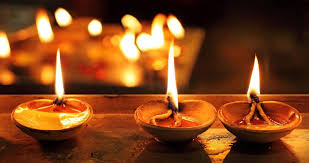
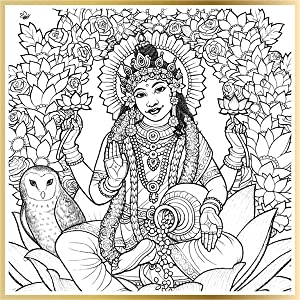
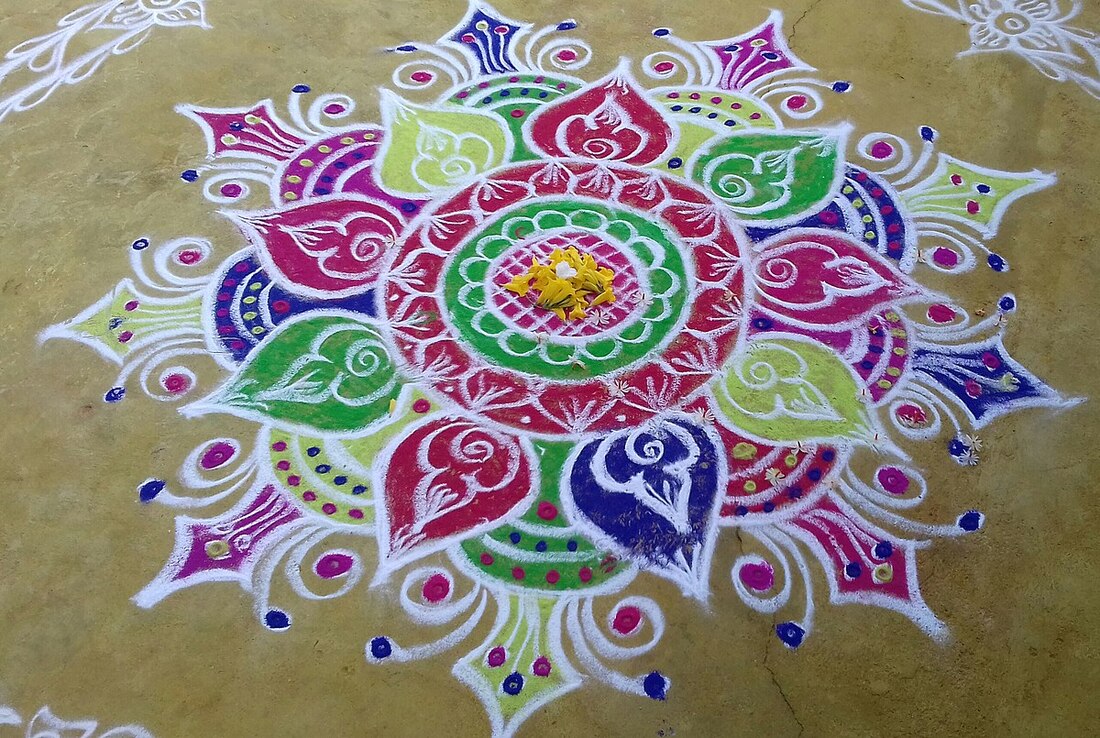
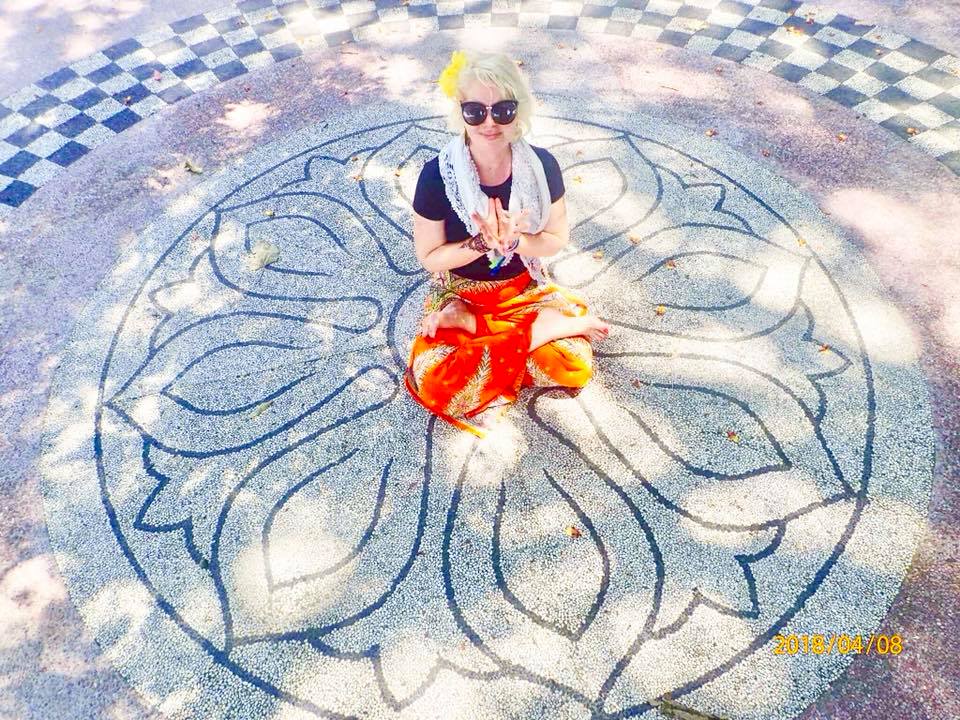
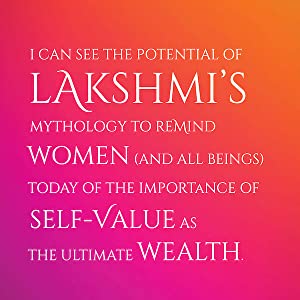
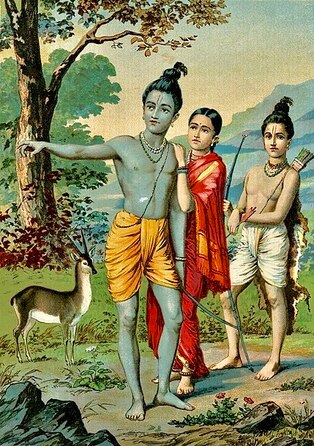
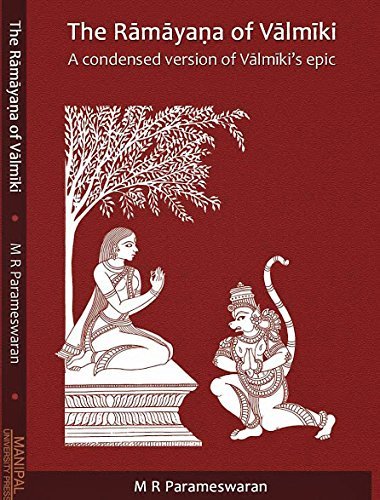
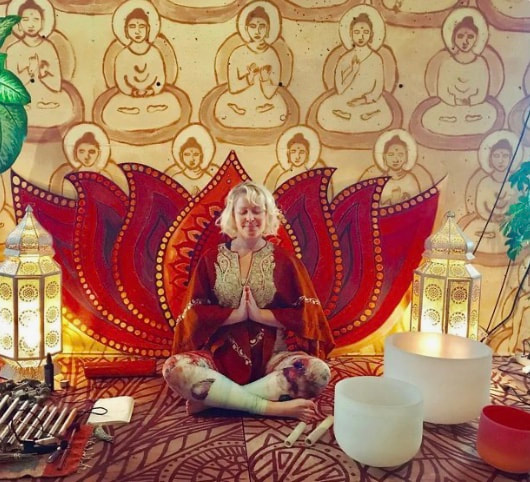
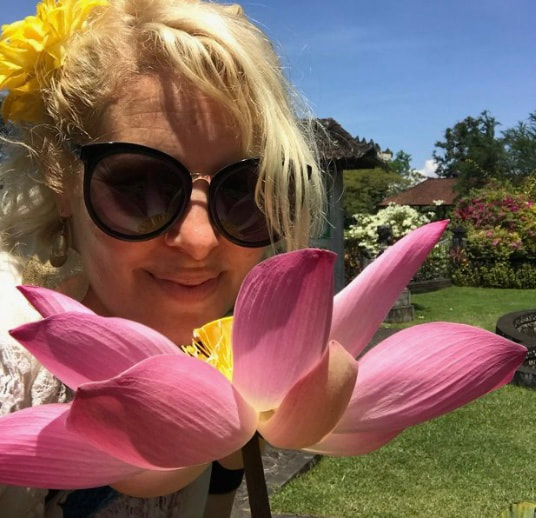




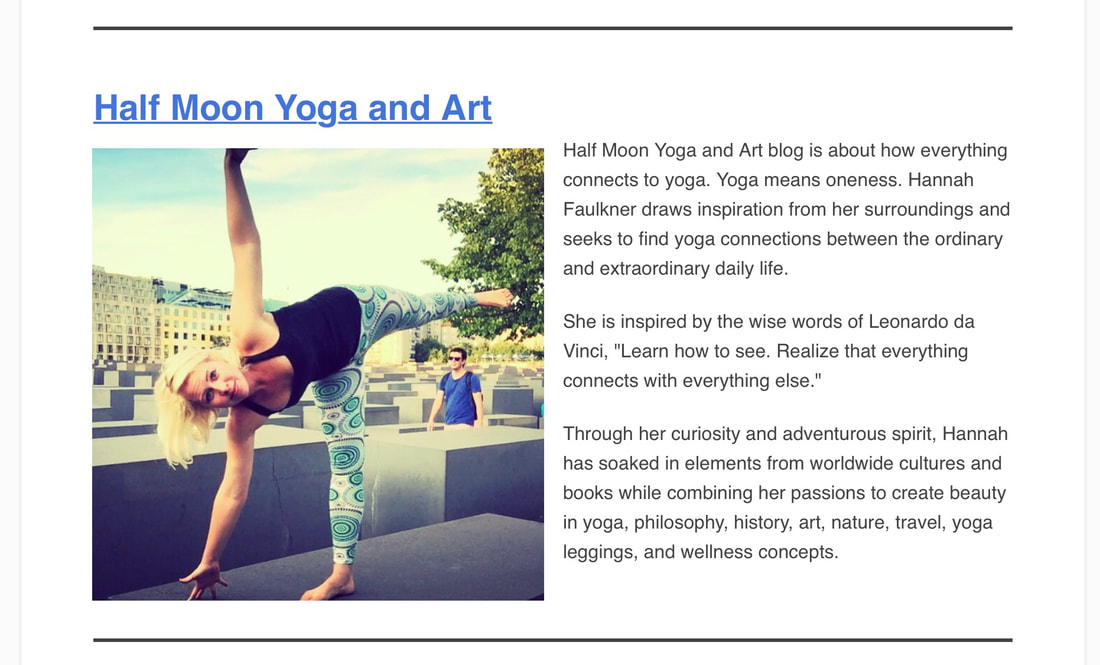







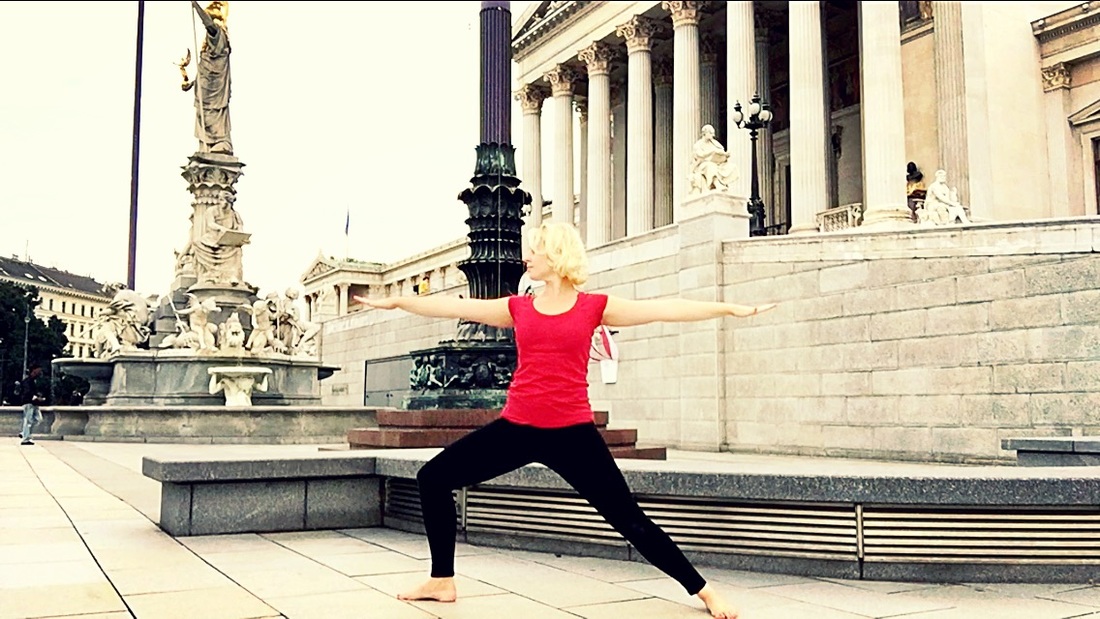

 RSS Feed
RSS Feed